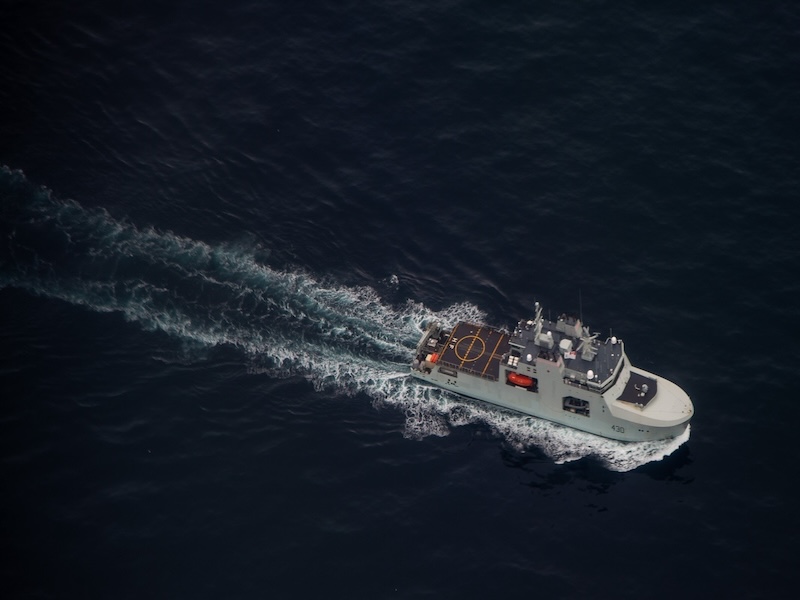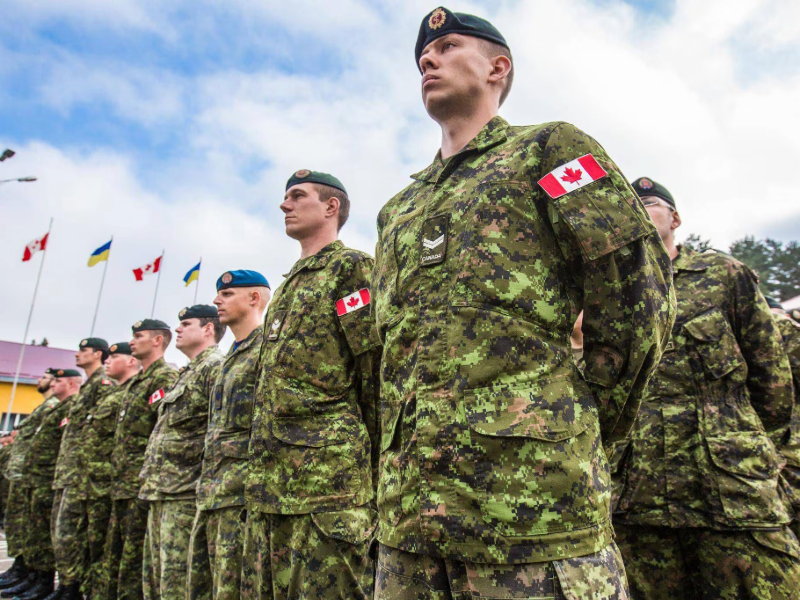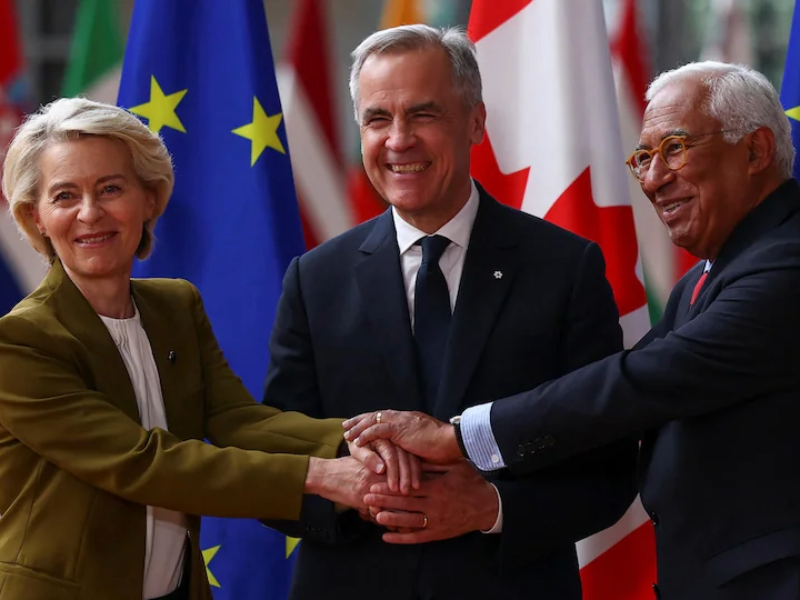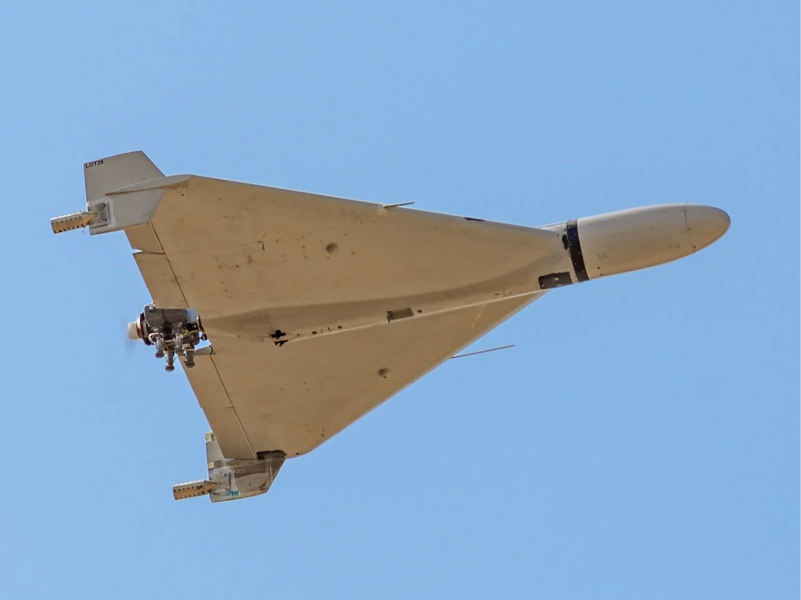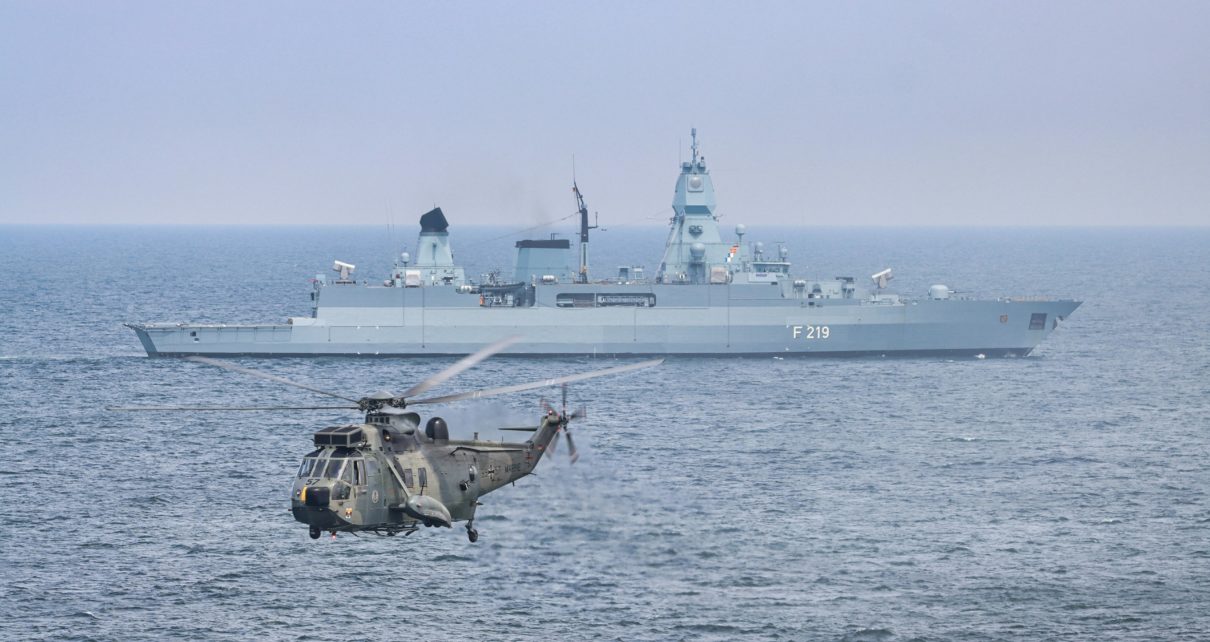When someone calls 911, every second matters. But, behind each emergency response lies an unseen network of decisions, standards and coordination that determines whether help arrives quickly. Nova Scotia’s fire service is now facing a crisis that shows us what happens when that network becomes too fragmented to function. The breaking point came when a Read More…
4. Programs
placeholder for programs
Arctic Sovereignty and Geopolitical Competition
As the Arctic transforms from a frozen frontier into a contested geopolitical arena, questions of sovereignty, environmental responsibility, and security have converged into one of the most pressing challenges in the 21st century. Once referred to as a remote, ice-covered expanse, the region is now a stage where the impacts of climate change intersect with Read More…
Do we care less about climate change? Fighting to ‘save the world’ in the age of crisis overload
How are environmental issues currently being framed by policymakers and what does this say about shifting public and political priorities in an age of crisis overload? Climate action has previously dominated global headlines, and sparked major concern across the world. However, with competing global crises, it is clear that leaders must frame environmental policies in Read More…
AI Data Centers: Is Canada Next?
From rare earth mineral extraction to immense water usage, to an unlimited supply of electricity, to the soaring demands of data centers and AI infrastructure, humanity’s technological progress is entangled with environmental strain and resource insecurity. In the United States alone, over 5,000 ‘power-hungry’ data centers have used 4% of the country’s total electricity in Read More…
Money Talks: Assessing the Impact of the New CAF Compensation Bundle on Retention
NOAC JRF Nicholas Thein analyzes the Canadian Armed Forces’ recent pay increases, their effect on retention, and the implications for the CAF’s long-term stability amid ongoing structural challenges.
Rearming the Depths: How Canada Is Reclaiming Undersea Sovereignty
Canada’s $60B+ Canadian Patrol Submarine Project marks a turning point in Arctic defence and strategic autonomy. This piece coauthored by Emma Zhang and Sanam Singh examines whether the procurement can restore under-ice capability and deliver long-term industrial and geopolitical returns.
A SAFEr Bet for Canada? How the €150-Billion SAFE Program Is Pulling Ottawa Closer to Europe
By joining the EU’s €150-billion SAFE program, Canada is positioning itself closer to Europe’s defence-industrial strategy and recalibrating its long-standing reliance on the United States. In this piece, Sanam Singh examines what this shift means for Canada’s alliances, procurement choices, and long-term strategic autonomy.
Russian Drones in Europe: New Tools of Hybrid Warfare
In recent months, there has been a growing number of incursions of NATO airspace by Russian drones. These drone incursions constitute an escalation in Russia’s hybrid warfare against Europe, which has for years sought to erode the NATO alliance, disrupt Eastern European states, and most recently interfere with the continent’s support for Ukraine. For Canada, this drastic uptick in grey-zone aggression should not be taken lightly, as it displays Moscow’s willingness to upset European security.
Canada’s $200 million aid package to Ukraine: Geopolitical and Domestic Implications
Canada’s $200 million contribution to NATO’s Ukraine arms program highlights a growing commitment to deterrence amid shifting alliance dynamics. This analysis by Emma Zhang examines the geopolitical calculations behind the aid and the trade-offs it entails
NATO at Sea and Canada’s Trade Lifelines
As Canada explores ways to diversify its trade partners and deepen ties with Europe, more of daily life runs across the big blue Atlantic. Being a trading nation bordered by three oceans and entwined in long supply chains, the reliability of sea lines is essential to Canadian trade vitality. Roughly 80% of world trade by volume moves by sea, which means reliability of marine trade Read More…


